Physiological Interventions for Developing Climate Resilient: Commercial Crops
Contents: 1. Developing Sugarcane Varieties for Abiotic Stresses: An Overview/Bakshi Ram, R. Karuppaiyan and K. Chandran. 2. Improving Climate Resilience in Sugarcane with Special Reference to Drought Tolerance/G. Hemaprabha, K. Mohanraj, C. Appunu and H.K. Mahadeva Swamy. 3. Physiological, Metabolic and Molecular Adaptation for Temperature Extremes in Sugarcane/R. Gomathi and S. Kohila. 4. Physiological Adaptations for Drought, Salinity and Waterlogging Stress in Sugarcane/R. Arun Kumar, S. Vasantha, R. Gomathi, Pooja and V. Krishnapriya. 5. Climate Smart Agronomy Practices for the Management of Abiotic Stresses in Sugarcane/A.S.Tayade, P. Geetha and S. Anusha. 6. Adaptation and Mitigation Strategies of Sugarcane to Climate Change Scenario/R. Gomathi and P. Rakkiyappan. 7. Genomic and Proteomic Approaches for Improving Abiotic Stress Tolerance in Sugarcane/A. Selvi, R. Manimekalai, K.Devakumar, K. Lakshmi P.T. Prathima and R. Gomathi. 8. Influence of Environmental Stresses on Sucrose Accumulation of Sugarcane Varieties/R.M. Shanthi, S. Alarmelu and T. Lakshmi Pathy. 9. Impact of Climate Change on Plant Pathogen Interactions and Disease Epidemics/R. Viswanathan and R. Selvakumar. 10. Physiological and Molecular Elucidation of Abiotic Stress Tolerance in Cotton/Prakash, A.H., Sheeba, J.A., Nalayani, P.,VenkatesanrR., Muthu Kumar, K and Sweta M. 11. Climate Smart Agro Techniques for Yield Enhancement and Sustainability of Cotton Based System/P. Nalayani, K. Sankaranarayanan and A.H. Prakash. 12. Physiological Disorders and Remedies in Cotton/Prakash A.H., Sabesh M and Sheeba J.A.
Sugarcane is long duration crop and, passing through unexpected climate changes of all the seasons which eventually have made our tropical sugarcane environment pre-disposed to abiotic stresses that affect sugarcane cane yield abysmally. Farmers cultivating sugarcane are facing multiple problems. Water is one of the major constraints and it is affecting the productivity and profitability of sugarcane growers and millers. So, unless sugarcane farmers are provided with options of high yields with much less water, India will find it difficult to meet its growing demand for sugar. Similarly flooding reduces shoot and root growth, dry matter production and total crop yield and cane yield losses depend upon the duration of waterlogging, stage of crop growth and management practices before, during and after waterlogging. In tropical climates, excess of radiation and high temperatures are often the most limiting factors affecting plant growth and final crop yield. In crop improvement perspective, effective identification of stress resistance traits, characterization of their genetic complexity and identification of genes in a wide array of both wild and cultivated genotypes are the important steps in breeding process. Though both the sugarcane and cotton crops show higher tolerance to abiotic stresses than the other major agricultural crops, however, extreme environmental conditions, such as drought and high temperature have an adverse effect on growth, productivity of both the crops, juice quality of sugarcane and fiber quality of cotton respectively. When a plant is subjected to abiotic stress, variety of genes are turned on, leading to increased levels of several proteins and metabolites, a number of which can be responsible for conferring a particular degree of protection to those stresses. This chapter gives an insight to sugarcane and cotton plants’ responses to various abiotic stresses, as well as the physiological and molecular interventions for developing climate-smart commercial varieties and agronomical interventions for sustaining the crop yield under changing climate.
Get it now and save 10%
BECOME A MEMBER

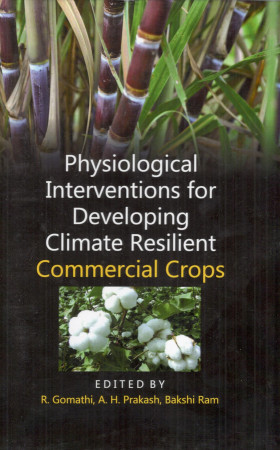
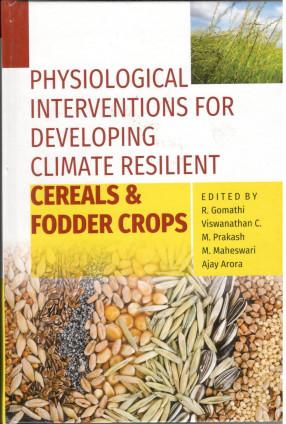
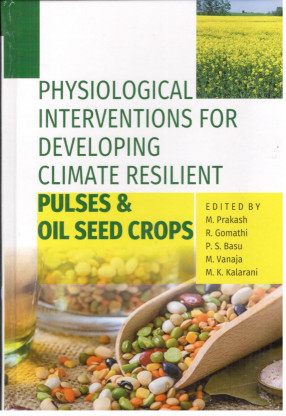
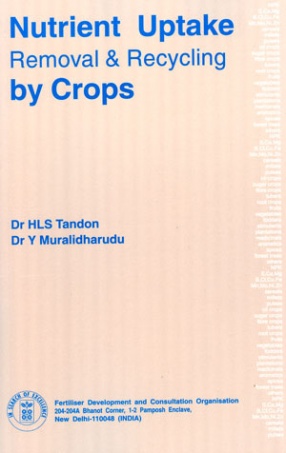
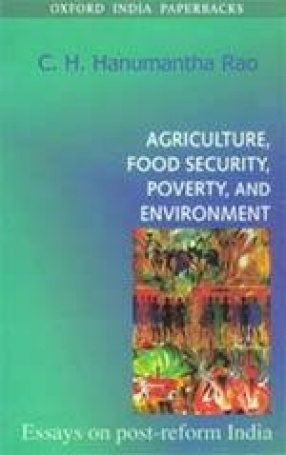
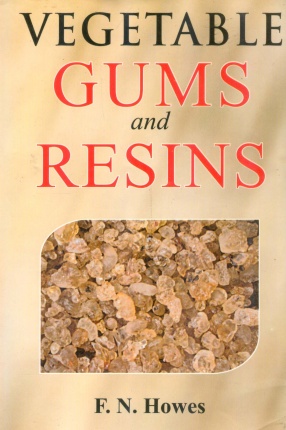
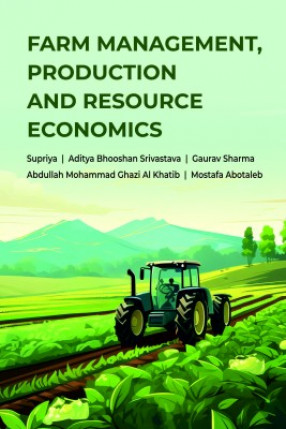

Bibliographic information
A H Prakash
Bakshi Ram